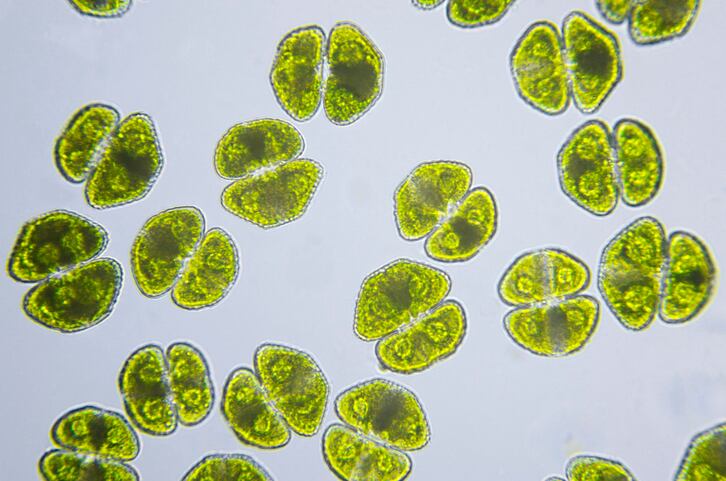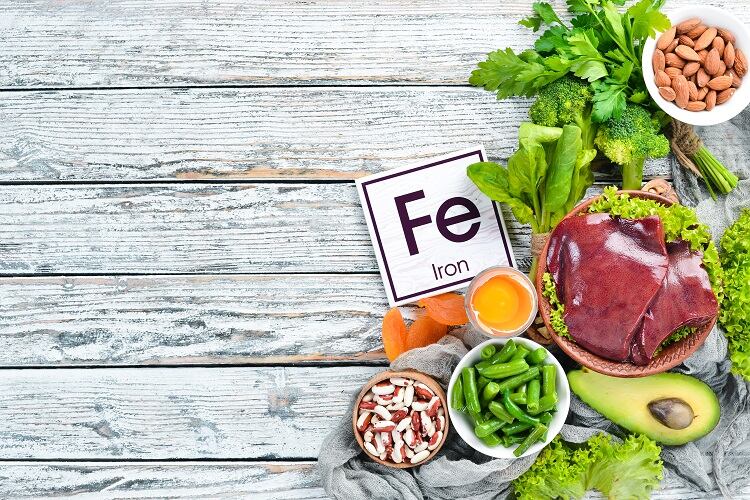LanzaTech’s gas fermentation process, uses CO2 as feedstock from industrial emissions or seawater, “avoiding the need for sugar- or crop-based inputs,” which can compete with food ingredients and potentially increase costs, Zara Summers, chief science officer, LanzaTech, told FoodNavigator-USA.
The company uses its own bioreactor technology at an industrial scale rather than relying on organic growth and batch processing as seen in “various mycelial production pathways,” she said.
LanzaTech’s “production method can be scaled more efficiently and allows for continuous fermentation, reducing the environmental footprint and potentially lowering production costs as facilities scale up,” Summers said. The company projects a production of LNP at 80 metric tons a day. For instance, producing 0.5 metric tons of LNP provides enough protein to meet the complete daily intake of around 9,000 people while using less than 10 acres of land and minimal water, according to the company.
The company anticipates technical hurdles like “maintaining the efficiency and productivity of the gas fermentation process at scale, ensuring consistent supply chains for feedstock (CO2 and hydrogen), and building distributed manufacturing facilities,” Summers said.
LNP contains a complete profile of all 20 amino acids and is designed to be highly digestible with no allergenic properties, making it suitable for a wide range of applications, Summers said.
From smoothies and alternative meats to animal nutrition, including pet food and fish feed, LNP can integrate into diverse product formulations, Summers said. Its properties are comparable to traditional proteins like whey and pea protein, offering flexibility for manufacturers looking to enhance nutritional profiles without compromising on quality, according to the company.
“In powder form, it is 80% protein. It also boasts excellent digestibility, and has a neutral color and odor, making it versatile and acceptable for diverse formulations,” she added.
Strategic partnerships to strengthen commercialization
Strategic collaborations with organizations such as the US Navy Research Lab, Mattson and the Center for Aquaculture Technologies will bolster LanzaTech’s efforts.
The US Navy is exploring producing protein on its ships using CO2 extracted from seawater, while Mattson and the Center for Aquaculture Technologies are working on prototypes for human consumption and fish feed.
Mattson helped prototype LNP in dairy- and meat alternatives, baked foods, smoothies, mayonnaise, snacks and bars, in addition to undertaking a full human nutrition characterization assessment, Summers explained.
Working towards regulatory recognition
The company is working towards self-Generally Recognized as Safe (GRAS) for human consumption, “which is essential for commercial-scale production,” Summers said.
Summers continued, “The main regulatory challenge is securing self-GRAS [recognition from] the FDA for human consumption. This process involves comprehensive safety assessments and testing, which LanzaTech is currently undertaking. Broad success in initial animal feed trials is a positive indication for human consumption, as do test results demonstrating no allergenicity and high digestibility.”
Scaling LNP as a ‘natural extension’ of carbon recycling platform
Rather than operating in a single large facility, LanzaTech’s model involves “multiple production sites … which adds complexity but enhances our resilience and local availability,” she added.
Since 2018, the company has successfully scaled its commercial technology and gas fermentation process with six commercial facilities in operation globally.
“We are leveraging this scale-up expertise as we plan for commercial production of LNP as a natural extension of the platform,” Summers said.




